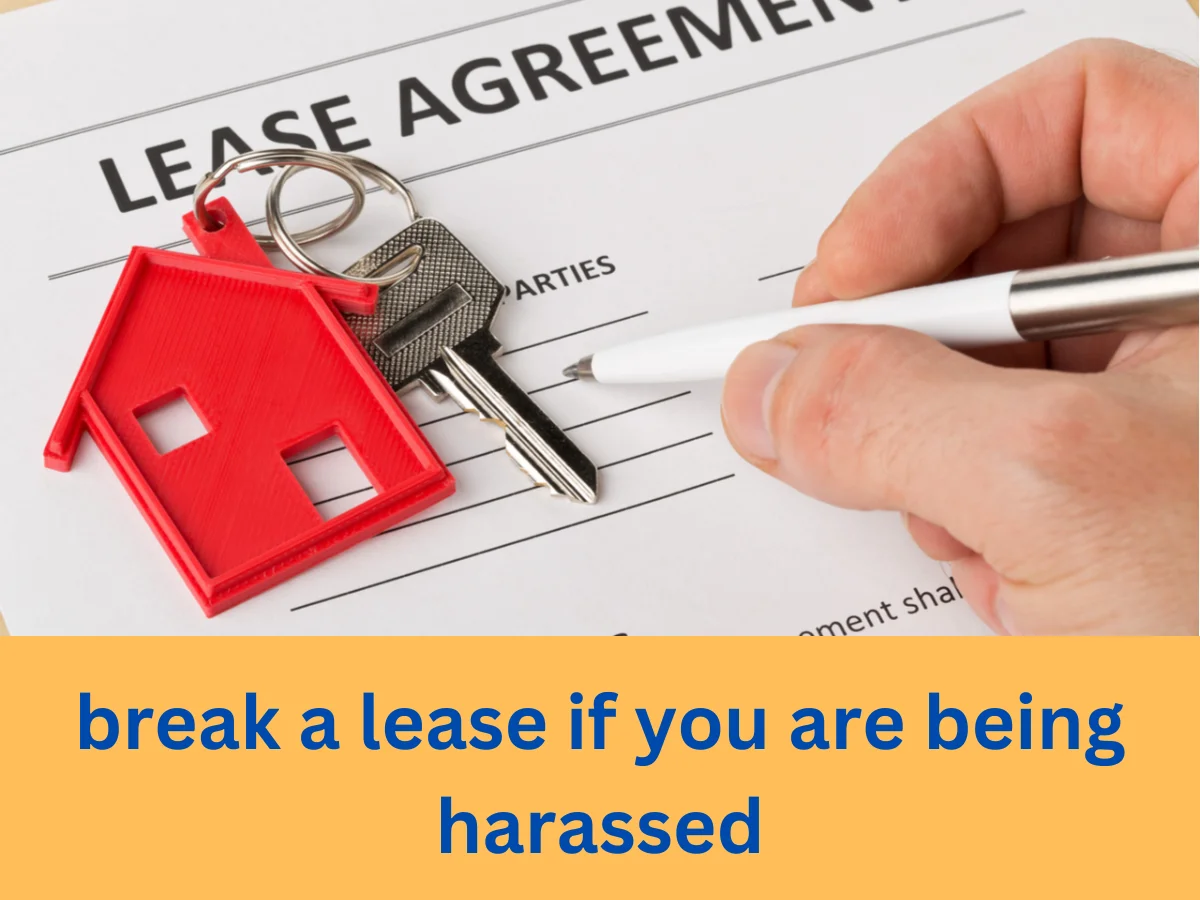Introduction
Renting a home should be a peaceful experience, but if you find yourself subjected to harassment within your rental property, it can turn your living situation into a nightmare. This article aims to shed light on your rights and options as a tenant if you are facing harassment and whether breaking the lease is a viable solution.
Understanding Harassment in Rental Situations
Defining Harassment
Harassment in rental situations refers to unwanted, persistent, and intimidating behavior directed towards a tenant by a landlord, property manager, or another tenant.
Creating an Unsafe Environment
Harassment can make a tenant feel unsafe and uncomfortable in their own home, violating their right to quiet enjoyment of the property.
Identifying Different Forms of Harassment
Verbal and Physical Harassment
Harassment can take various forms, including verbal abuse, threats, intimidation, or even physical actions that create a hostile living environment.
Invasion of Privacy
Unannounced visits by the landlord, unwarranted searches, or tampering with personal belongings can also be considered forms of harassment.
Your Rights as a Tenant
Right to a Safe Living Environment
Every tenant has the right to live in a safe and peaceful environment free from harassment or threats.
Right to Quiet Enjoyment
Landlords must respect a tenant’s right to quiet enjoyment, ensuring they can live without undue disturbances.
Seeking Resolution through Communication
Open a Dialogue
If you experience harassment, consider communicating your concerns to the perpetrator. They might be unaware of the impact of their actions.
Involving Mediators
In some cases, involving a mediator, such as a tenant association or property management, can help facilitate a resolution.
Documenting the Harassment
Keeping a Record
Document every instance of harassment, including dates, times, locations, and details of what transpired. This record can serve as evidence if legal action becomes necessary.
Collecting Witnesses
If others witness the harassment, ask them to provide statements or act as witnesses if needed.
Seeking Legal Advice
Knowing Your Options
Consulting a legal professional who specializes in tenant rights can provide clarity on your legal options and the steps you can take.
Understanding Local Laws
Laws regarding harassment and tenant rights can vary by location. An attorney can help you understand how local laws apply to your situation.
Breaking the Lease: Is It an Option?
Assessing Grounds for Lease Termination
Harassment may provide legal grounds to break your lease, as it may breach the landlord’s duty to provide a safe and peaceful living environment.
Consultation with an Attorney
Before proceeding, consult an attorney to assess the strength of your case and understand the legal implications.
How to Approach Lease Termination
Proper Notification
If you decide to break the lease due to harassment, provide written notice to your landlord, clearly explaining the reasons for your decision.
Following Legal Procedures
Follow any legal procedures required by your lease agreement or local laws to ensure a smooth termination process.
Conclusion
Facing harassment in your rental property is a distressing situation, but you do have rights and options. By understanding the forms of harassment, documenting instances, seeking resolution, and consulting legal advice, you can make an informed decision on whether breaking the lease is the right step to take in order to secure your safety and well-being.
FAQs
Q1: What constitutes harassment in a rental situation?
A1: Harassment includes unwanted, intimidating behavior directed towards a tenant, such as verbal abuse, threats, and invasion of privacy.
Q2: Can I break my lease if I am being harassed by my landlord?
A2: Yes, harassment may provide legal grounds to break your lease. Consult a legal professional to assess your situation.
Q3: Should I document instances of harassment?
A3: Yes, documenting instances with dates, times, and details can serve as evidence if legal action becomes necessary.
Q4: Can I involve a mediator to resolve harassment?
A4: Involving a mediator, such as a tenant association or property management, can help facilitate resolution in some cases.
Q5: What steps should I take before breaking the lease due to harassment?
A5: Consult an attorney, assess your grounds for termination, and provide proper notice to your landlord.
